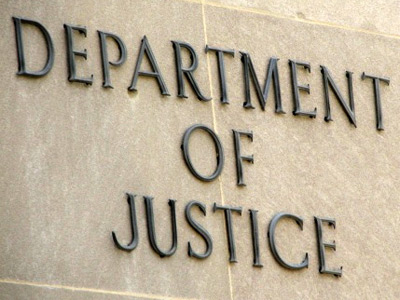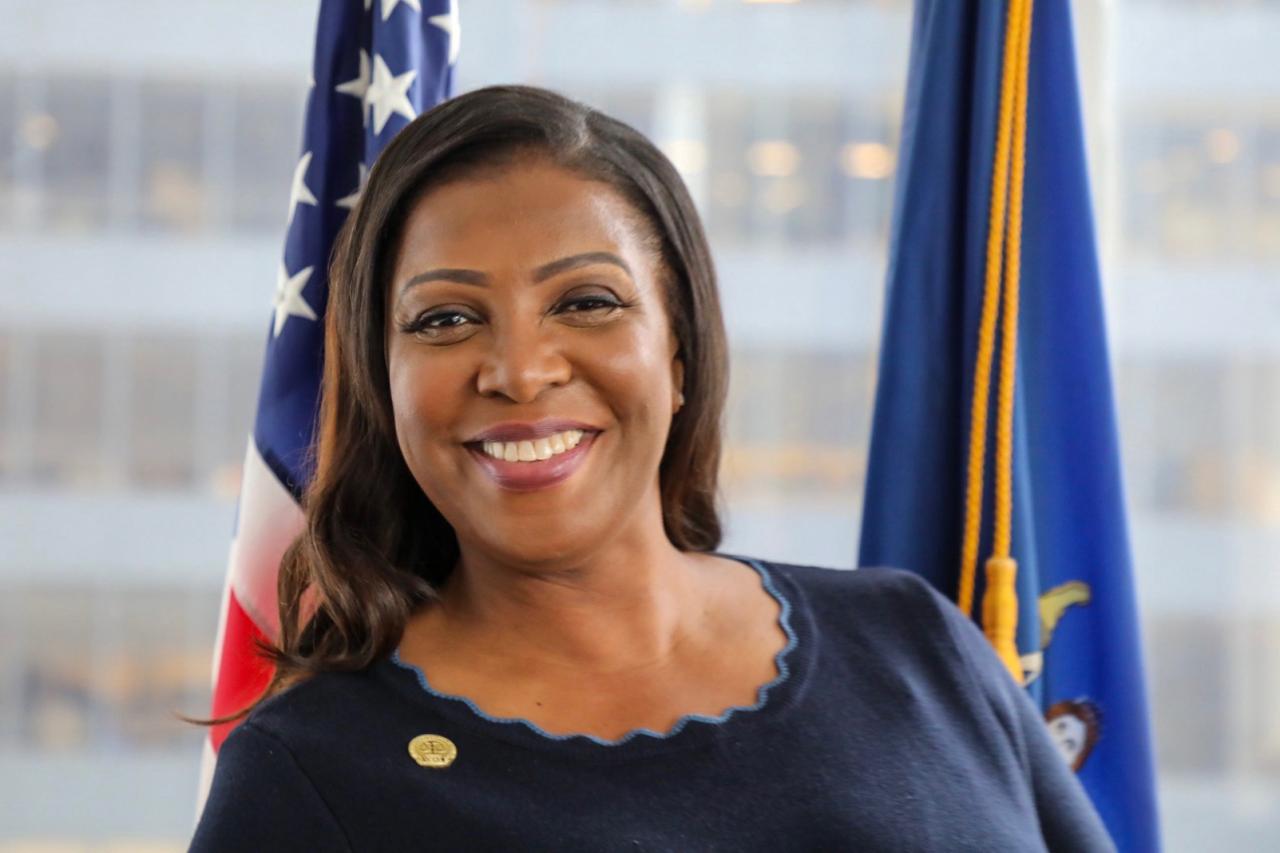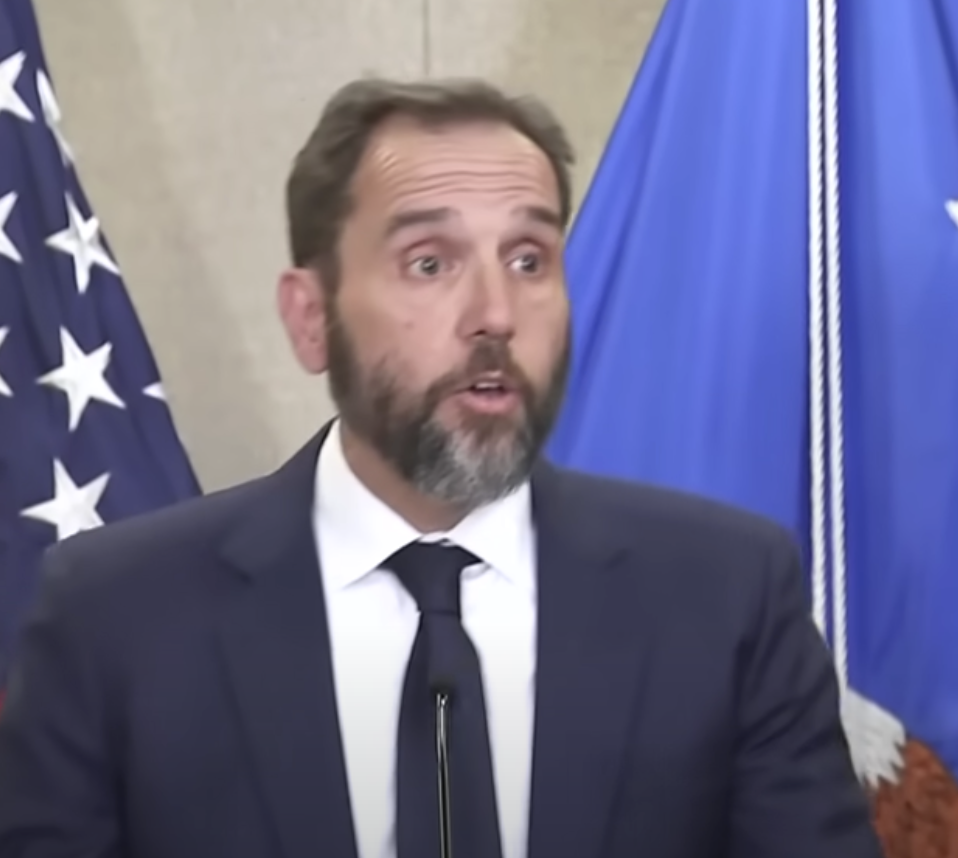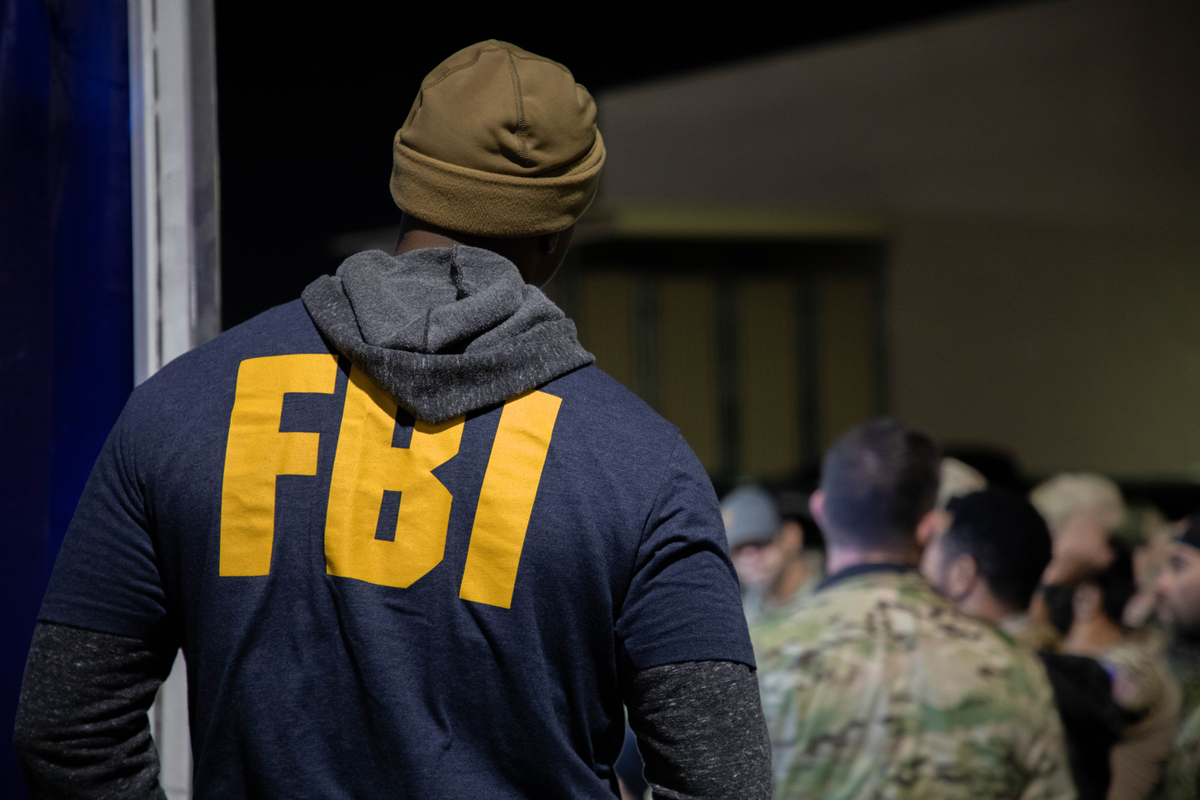
Anthony Giacalone (left) and Vito Giacalone (Photo from Scott Burnstein)
By Allan Lengel
ticklethewire.com
DETROIT — Brothers Vito and Anthony Giacalone, reputed Detroit mobsters, had close ties to Teamster President Jimmy Hoffa in the 1960s — but that didn’t keep them from plotting to rob a safe in his Washington D.C. apartment, according to FBI files obtained by ticklethewire.com through the Freedom of Information Act.
The files, which cover the early 1960s for the Giacalone brothers, also show the FBI was concerned about the mob stepping up its gambling activities in Detroit and wondered if then-Mayor Jerome Cavanagh might be on the take.
Over many decades, when the Detroit mob was a force to be reckoned with, capos (captains) Vito (Billy Jack) Giacalone and brother Anthony Giacalone were often the public face of the local mob.
How they lived and did their criminal business figures prominently in the history of Detroit’s organized crime family, which has been diminished significantly by virtue of time and law enforcement’s action. Legit gaming at casinos replaced some of the traditional mob activities like backroom dice games and cards. And the Teamsters, now headed by James R. Hoffa’s son, have cleaned up their act and cut ties to the Mafia, which used the pension fund as its bank for decades.
But when the Giacalones and their colleagues operated at full strength in the mid-20th century, few gangsters were their equal.

Keith Corbett: “No one looks at them anymore.”
“The Giacalones were certainly the most public figures in the local La Cosa Nostra,” says Keith Corbett, who headed up the Organized Crime Strike Force in the U.S. Attorney’s Office in Detroit from 1990 to about 2005.
“In fact, it’s my impression that that was a bone of contention between people like Jack Tocco (a mob leader) who wanted them to maintain a low profile. That wasn’t their style.”
Assistant U.S. Attorney Eric M. Straus, chief of the Violent and Organized Crime Unit, adds: “Not only was there tension with Jack Tocco not wanting them to have a high profile, but the Giacalones were resentful that they did all the heavy lifting that exposed them periodically to lengthy prison sentences while others didn’t spend any time in jail.”
Vito Giacalone died in 2012 at age 88. Anthony Giacalone died in 2001 at age 82.
Today, the Detroit mob is a shadow of itself, involved in illegal sports gambling, loan sharking, narcotics, and some legitimate businesses, like sanitation, food supplies and restaurants. The members include offspring and relatives of the original gangsters. Authorities believe Vito Giacalone’s son, Jack “The Kid” Giacalone, 68, a twice-convicted felon, is allegedly one of the highest ranking figures in the Detroit mob.
The guy had a look
I took an interest in Vito Giacalone when I was a Detroit News reporter covering federal law enforcement and courts in the 1990s. I wrote a profile on him in 1994, just before Giacalone was to go off to prison. When I asked his attorney David DuMouchel if his client cared to comment for the story, he called him on the golf course. DuMouchel got back to me to and said Giacalone wouldn’t comment and wasn’t happy I was doing a story.

Jerome Cavanagh was mayor from 1962-70/
I had two encounters with Giacalone. One was after he pleaded guilty in 1994 to the tax charge. As he left court, I asked for comment. He gave one of his trademark icy stares and walked to the elevator.
A few years before that, I was at the Golden Galleon bar behind The Detroit News on a Friday in December, after work, getting a beer with a colleague. I ran into an attorney who invited us into the back room to join the firm’s Christmas party. Giacalone was there, and when he learned we were reporters, he told the lawyer we should leave.
Some of the FBI files are heavily redacted and leave gaping holes in the story line. Still, what is there provides historical insight into the role the mob played in its heyday in Detroit in the 1960s.
The city’s organized-crime characters and activities were something out of a Scorsese film, running gambling, numbers and loan sharking. The brothers relied on Hoffa for favors ranging from using his private pilot to working on obtaining loans from the Teamster pension fund to invest in a Las Vegas hotel. It was also a time when the FBI and Attorney General Robert Kennedy had taken a keen interest in the mob and Hoffa, who was imprisoned in 1967 until mid-1971 for jury tampering and fraud.
44-year-old Hoffa mystery
In 1975, the Giacalone brothers became suspects in Hoffa’s legendary disappearance, a still-unsolved crime.
Some mob experts, including Metro Detroit author/historian Scott Burnstein, speculate that Anthony Giacalone, who made sure he was seen publicly at the Southfield Athletic Club on the day Hoffa vanished, was behind the Hoffa disappearance. He speculates that Vito Giacalone was in the car that picked up Hoffa at the Machus Red Fox on Telegraph Road in Bloomfield Township, the last place he was seen alive. Hoffa, at the time, was hoping to reclaim his previous job as the top Teamster.
An FBI file from the early 1960s describes Vito Giacalone this way:
“Giacalone is reported to be a known associate of Detroit hoodlums and is active in gambling enterprises, specializing in barbute games (a Greek dice game) and sports events betting. He is also reported to specialize in corrupting police officers and athletes and is active with political elements in the city of Detroit.”
In the 1960s, the Giacalone brothers were the top underlings for Detroit godfather Joseph Zerilli. A source told the bureau in November 1964 that Anthony was groomed as “the man who speaks for Joe Zerilli” and that Vito “works closely with Tony in all operations at the request of Joe Zerilli.”
The informant said that when Zerilli dies, “the general feeling is that the Giacalone brothers will attempt to grab as much power as they can and that they are just waiting for Zerilli to die.” Zerilli died in October 1977, and while the Giacalones never took over the family, they continued to thrive as gangsters for many more years.

Vito Giacalone in 1992 at age 68 (Photo: Scott Burnstein collection)
The sporting life
The media reported the Giacalones hung out with Detroit athletes, particularly players for the Detroit Lions. But athletes weren’t the only sports-world figures they knew.
According to one FBI file, a confidential source told the bureau that in August 1963, Vito Giacalone arranged to play golf with WXYZ sportscaster Dave Diles. “However, due to other commitments, they were unable to play.”
Why he was hanging out with Diles was unclear. Was it friendship? Was he getting inside info on sports teams he could later use for betting? Or was it so he could get to know more athletes?
“I think it was all of the above,” said Burnstein. “I think they genuinely liked Dave Diles. They had fun going out on the town. They also got sports information they could leverage into their gambling business. And they liked the fact he could connect them to other athletes and people in his social sphere they wouldn’t have had access to.”
“Giacalone is a man who bets heavily on football games, especially pro football,” an FBI document from October 1963 stated. Another noted that an informant said Vito Giacalone supposedly won $20,000 as a result of a Detroit Lions’ victory over Green Bay.

Jimmy Hoffa
Hoffa’s name runs like a thread through the files.
In a March 13, 1964 document, a source talks about the Giacalones’ plans to break into Hoffa’s apartment.
“Source has previously indicated Giacalones have planned to burglarize Washington (D.C.) apartment of James R. Hoffa while the Hoffas are in Florida. Hoffas are to be in Miami March 14th and 15th, next.”
The document noted that the Washington field office should be “alert to presence of (Giacalones) in Washington on or after March 20th.”
It’s unclear, perhaps because of all the redactions in the documents, whether the robbery ever occurred.
In other Hoffa-related documents:
► A source told the bureau that Giacalone and another person, whose name was redacted, had an interest in an $18 million hotel project in Las Vegas, for which the Teamsters were furnishing $10 million. The owner of the project was J.J. Sarno, a business associate and partner of actress Doris Day.
► On Dec. 5, 1963, an FBI informant said the Giacalone brothers were considering going into the car leasing business. However, “Anthony Giacalone wants to wait until he had talked with Jimmy Hoffa and see what arrangement could be made through him concerning the car leasing business.”
► A 1964 FBI document says Joe Franco, a Hoffa organizer and strong-arm man, was getting a payoff of $15,000 to arrange a union contract for a company making plastic. Franco is allegedly splitting the payoff with Vito Giacalone and two other people, whose names were redacted.
► During Detroit Police surveillance on Jan. 6, 1964, Vito Giacalone tried to elude officers by hiding on the floor of a car driven by a close Hoffa associate.

Anthony “Tony Pro” Provenzano
The Giacalones also worked with other union leaders, including Anthony “Tony Pro” Provenzano, a New Jersey Teamster official who was reputedly a captain in the Genovese crime family in New York. He would later be named as a suspect in Hoffa’s disappearance. Anthony Giacalone’s wife, whose maiden name was Provenzano, was a relative. Provenzano died in 1988.
An interest in politics
Law enforcement was concerned about the entanglement of organized crime with police and politicians.
In a 1964 file, the district director of the IRS in Detroit told the FBI that an unidentified source reported that a member of the syndicate, whose name was redacted, planned to approach another redacted name with a proposition to pay him $20,000, plus a weekly payment of $2,000, to facilitate illegal gambling in the city. The file also noted that the Detroit mayor was living beyond the standards “expected of one on the mayor’s salary” but “there has been insufficient evidence upon which to even contemplate a discreet net worth check.”
The mayor’s name is redacted but Jerome Cavanagh held the office at the time.
Giacalone had the cover of a legitimate business. He supposedly won the Home Juice Company as a result of a gambling debt from a dice game. In August 1963, an informant said Giacalone bragged about how well the company was doing and that it operated 80 trucks, with franchises in Metro Detroit.
No information was too insignificant for the FBI to take note. In one November 1963 incident, a source said the Giacalone brothers were at Joseph Zerilli’s home on Middlesex Road in Grosse Pointe Park when Vito Giacalone “was taken with an acute attack of indigestion.” Zerilli initially suspected a heart attack.
The files also show the length mobsters would go to avoid surveillance.

Detroit gangsters Joe Zerilli (left) and “Black Bill” Tocco in 1931 (Scott Burnstein collection)
Abort-and-regroup precaution
In the winter of 1964, a source told the FBI that Anthony Giacalone and an unnamed person planned to go to Palm Springs, Calif., to meet with two women. They planned to charter a plane from Detroit City Airport to Chicago and then fly under assumed names to the Southern California resort. There was an abort-and-regroup procedure if they suspected they were being followed.
In March 1965, a source told the bureau that talk on the streets the last two days was about the IRS raid on Vito Giacalone’s home.
“The source further stated that the subject’s home contained an expensive set of encyclopedias and that the Giacalones will probably claim that the IRS agents during the search (had) ripped a lot of pages out of these encyclopedias. He said he heard that the Giacalones had taken photographs of the damage.
Loan sharking was also part of the mob’s portfolio.
A 1963 document stated that John Serra, aka “Downtown Johnny Serra” at John Serra Clothiers, 2907 Cass Ave., Detroit, is a former bookmaker and uses his store in the Fort Wayne Hotel as a front for the “hoodlums” to loan money. A borrower, according to the document, must pay 5 percent interest on the loan each week, aka “the vig.”
The informant stated that he believes Vito Giacalone is Serra’s boss and that he has the right to approve or reject the credit for customers. Sometimes the money was given directly to the customer, and other times it could be picked up at the Grecian Gardens restaurant, a one-time fixture on Monroe Street in Greektown that was a mob hangout.
If the customer misses a payment, the FBI document said, he receives threatening calls and obscene language is used no matter who answers the phone. The individual is then told if the interest payments are not brought up to date he will have visitors and threats are made against the debtors’s family.
A shrunken mob roster
In the 1960s, mob expert Burnstein says, the Detroit Mafia had at least 75 “made” guys idenfitied by the Michigan State Police, but he suspects there were more. These days it may be closer to about 20 to 30, according to Burnstein.
“I think this crime family is built for the long haul,” he said. “It’s literally a family business. The same surnames that were involved in the 1920s and 30s are involved today. They’ll always be in existence in some way.”
Burnstein says the Detroit mob has historically been relatively non-violent, at least compared to those in Chicago and New York. Murder was always seen as a measure of last resort.
Corbett, the former federal prosecutor, says the new generation doesn’t have the old values of Omerta — the code of silence.
“Kids growing up in America today aren’t going to go to prison the rest of their lives to save their friends. They’re soft,” he says.
But he says the federal government spends far fewer resources these days looking at the traditional La Cosa Nostra.
Corbett, the former head of the organized crime strike force, adds:
“I think certainly one thing working to their advantage is no one looks at them any more. All the FBI cares about is terrorism. Ignoring them allows them to regain some of their previous positions. But I don’t think we’ll ever see the heyday of the Mafia again.”




